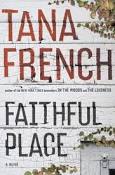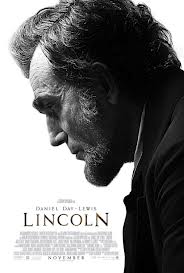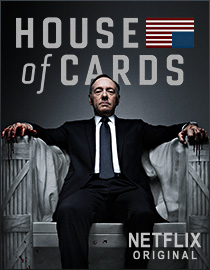A couple of weeks ago, I was supposed to start my chemotherapy. Thursday January 22. In anticipation, I wound up my work obligations, so that I would have full time to devote to getting everything ready to go, and starting into the challenges of chemotherapy. The particular protocol that I have been assigned, is a fairly hard core one, so I knew that it would be taking its toll on in the weeks to come, and I probably wouldn’t be able to also continue working full-time.
Then, the Tuesday after I finished work, just as I was getting everything ready to move into the preparation for Thursday, another game changer.
Tuesday night, I noticed something really strange about my ability to look at my surroundings. I felt disoriented, and as if the world around me was somehow completely out of sync. I called out to Tom, who walked into the dining room, where I was sitting, and noticed that I look perturbed, and seem to be having trouble speaking coherently.
When I continued to seemed disoriented, he called 911. The paramedics arrived, and in 20 minutes, I was in the emergency room. It took several hours of diagnostic tests in shadowy corners of labyrinthine passageways before the confirmation came: a stroke, as a result of the tumor in bleeding in my esophagus.
Several weeks later, I’m still in the hospital. I’m still getting a grasp on how much function I have lost, as a result of the stroke. It certainly could be far worse than it is.
Nonetheless, I have very little ability to type with my right hand. I also have reduced sensitivity on that hand, and somewhat impaired functioning. I have been typing painstakingly, as part of the exercise building up my functionality, however as I tried composing this blog post, it ended up being too much for me at the moment, so I resorted to the dictation function in the iPad instead.
Still, I will continue to persist. Over time, I will build back my functionality on the right side. There are also a number of subtle cognitive impairments as well, that I’m working on slowly but surely getting better… Onward and upward!
Someday soon, I will type out an unedited passage, just to show where I’m at with my right hand, and the limited ability that I have right now with it. That will also show how much progress I manage to make over time.
I’m also going to my second chemo treatment of one of the protocols, and my first on two of the others. I’m almost ready to go home, which will be nice… I’ve been told that I’ll get to leave and come this Tuesday, which will mark my two week anniversary in the hospital. Sounds like an auspicious anniversary as any one might hope for!
Let’s hope I’ll be back home again by Wednesday! Fingers crossed!





